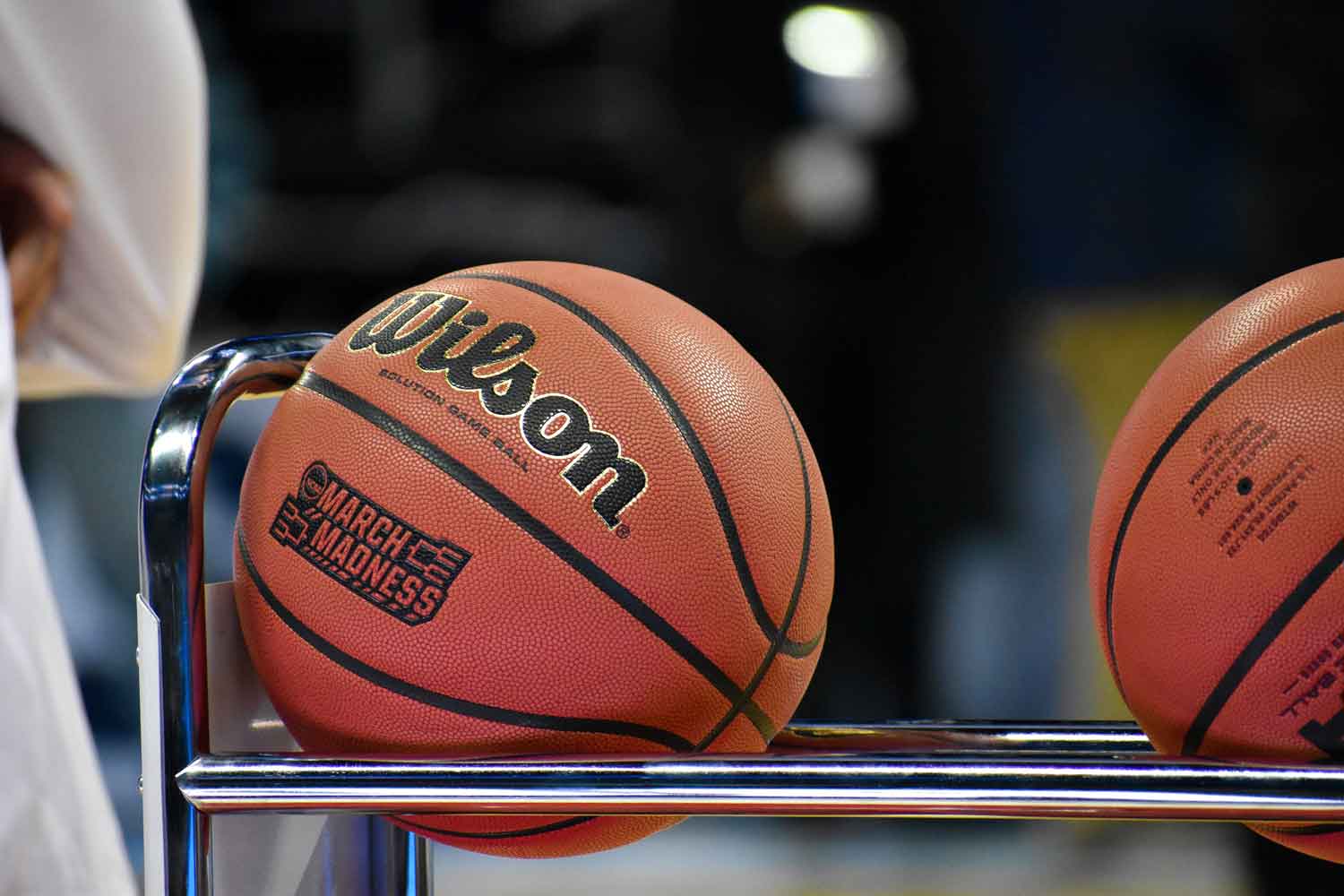Joris Drayer, associate professor in the School of Sport, Tourism and Hospitality Management, is available to discuss the NCAA Tournament and how data is the key for fans who want to get the absolute most out of their brackets this spring
[arve url=”https://vimeo.com/390824707″ thumbnail=”https://i.vimeocdn.com/video/855885635.webp?mw=960&mh=540″ title=”The Role of Data in March Madness” description=”Sport Analytics at Temple University” upload_date=”2020-02-11″ /]
PHILADELPHIA, March 10, 2020 — When it comes to sports, it does not get much better than March Madness. The NCAA Division I men’s basketball single-elimination tournament is one of the top three most exciting sports events of the year and that’s partly because even the most casual fans can be sucked into the games by following along with a bracket.
In 2018 alone, according to WalletHub, 24 million people participated in bracket pools and more than $10 billion was wagered on the game. Now, arguably more than ever, fans are motivated to put together a winning bracket, but it’s not so simple.
“Even the best sports bettors, the folks who make a living on it, only get about 56-57% of their bets right, so there is always an inherent unknown,” says Joris Drayer, an associate professor in the School of Sport, Tourism and Hospitality Management (STHM) at Temple University. “If you take away the No. 16 and No. 1 games, which have 99-percent probabilities, most of the games are at best 70-30 and closer to 55-45. So if you take out some of the really lopsided games, you’re going to get a lot of them wrong.”
Data is Drayer’s speciality. He teaches courses on sports analytics within STHM and prior to joining the school, he worked as a baseball operations assistant with the Oakland Athletics—where he completed scouting and statistical research on player performance and team strategy.
According to Drayer, picking the vast majority of these games is equivalent to flipping a coin, which speaks to why it’s such a challenge to get a perfect bracket.
“It’s almost statistically impossible to get 60 consecutive coin flips,” Drayer says. “Even with the games that you can predict with 90% accuracy, like a No. 2 seed vs. a No. 15 seed, there’s still a 10% chance of error.”
However, because of the Internet and social media, data has never been more accessible. It’s very easy for fans to quickly review player and team performances and make educated hypotheses based off of that.
The really diehard fans might even take it a step further to attain data that goes beyond that.
“There is also all of this data that’s not readily available to you. It could be something about the players’ personal lives or even practice schedules,” Drayer says. “So, for instance, I don’t know how well a player is sleeping, if he’s worried about class, if his parents are going through marital problems or if he’s feuding with a coach and all of that could affect the outcome. This could be a good or a bad thing in terms of the player’s performance, but at best, it maybe moves the odds a percentage point. The casual fan might not care about that, but as a sports bettor, if you can move the needle a percentage point from 52 to 53%, you definitely do that. That’s why you’ll see your big-time sports bettors research these things as much as possible through social media.”
For someone who is wagering thousands of dollars on these games, Drayer says this approach makes sense. For everyone else, he offers three tips for maximizing your tournament bracket.
“If you want to be invested, do your homework, immerse yourself in data that’s readily available and try to understand the players,” Drayer says. “At the end of the day though, don’t get mad because eventually you’re going to lose. We all do. If you know that going in, the tournament becomes even more fun.”
About the School of Sport, Tourism and Hospitality Management
Established in 1998, the School of Sport, Tourism and Hospitality Management (STHM) at Temple University has a distinguished tradition preparing leaders in the sport, recreation, tourism and hospitality industries.
Thoroughly committed to providing student-centered education and professional development relevant to today’s thriving sport, tourism and hospitality industry — STHM integrates applicable, real-world experience into the curriculum and classroom through its global network of industry partners and well-connected alumni network. Our award-winning faculty and cutting-edge research institutes engage in pioneering research, informing business practices and providing students with the knowledge and skills to succeed in these fast-growing industries.
The School offers undergraduate degree programs in sport and recreation management and tourism and hospitality management; traditional graduate degree programs in sport business and hospitality management; and two online graduate degree programs in executive sport business and travel and tourism. STHM also offers a PhD program in business administration with a concentration in tourism and sport.
